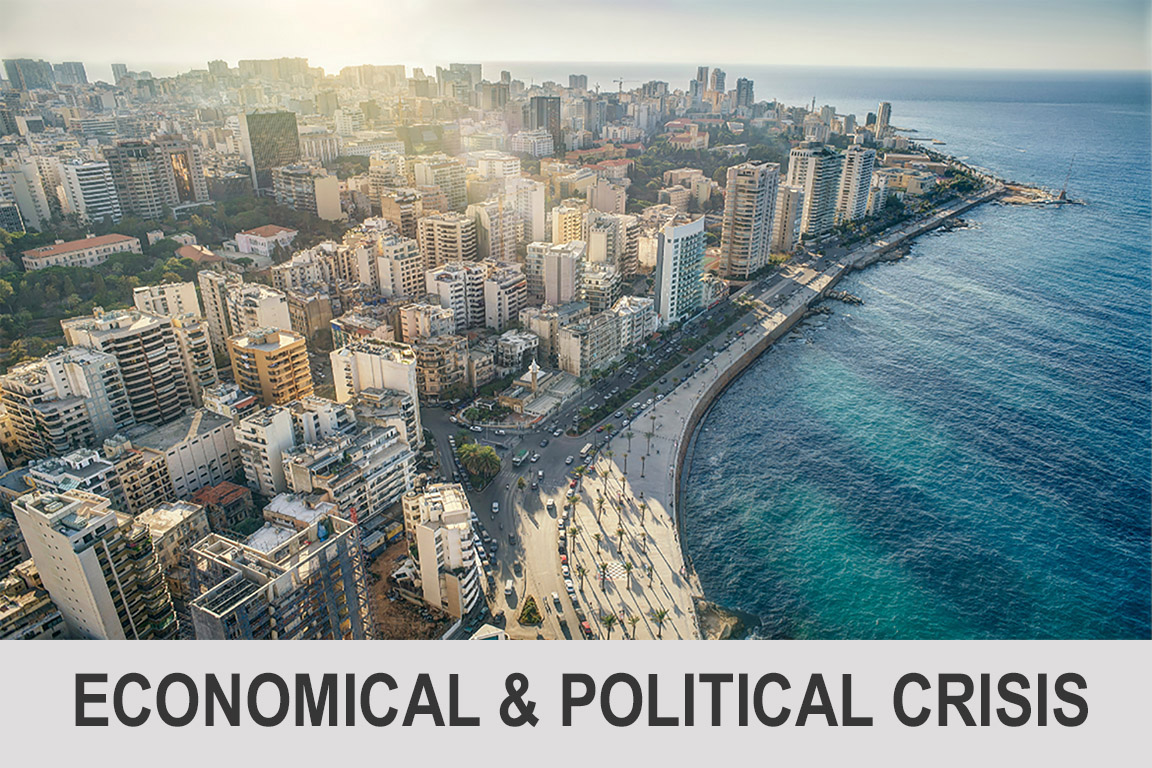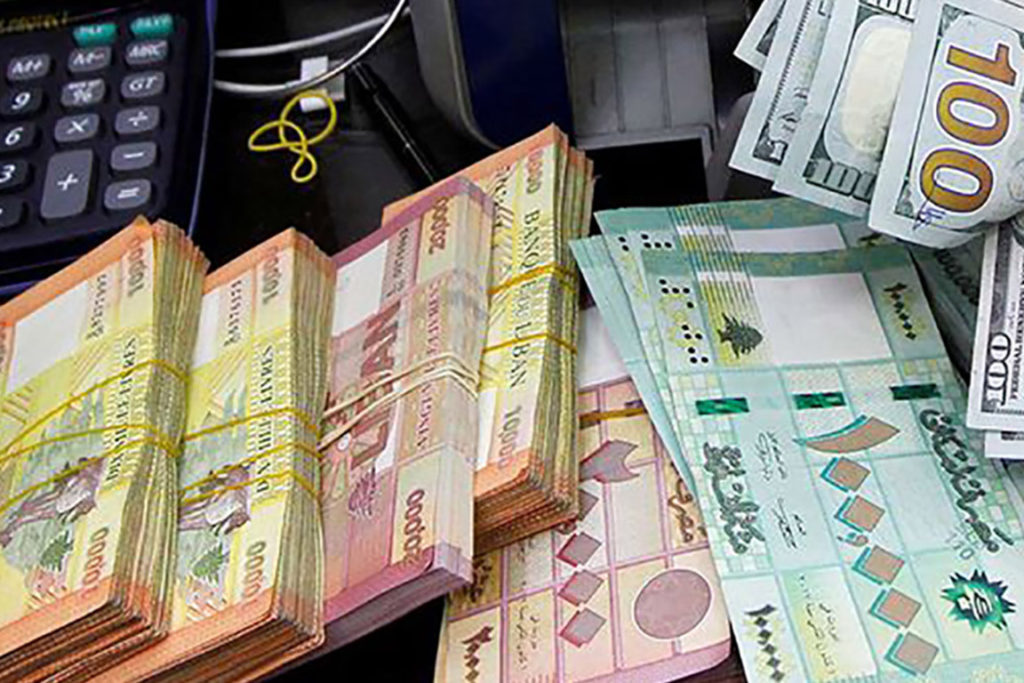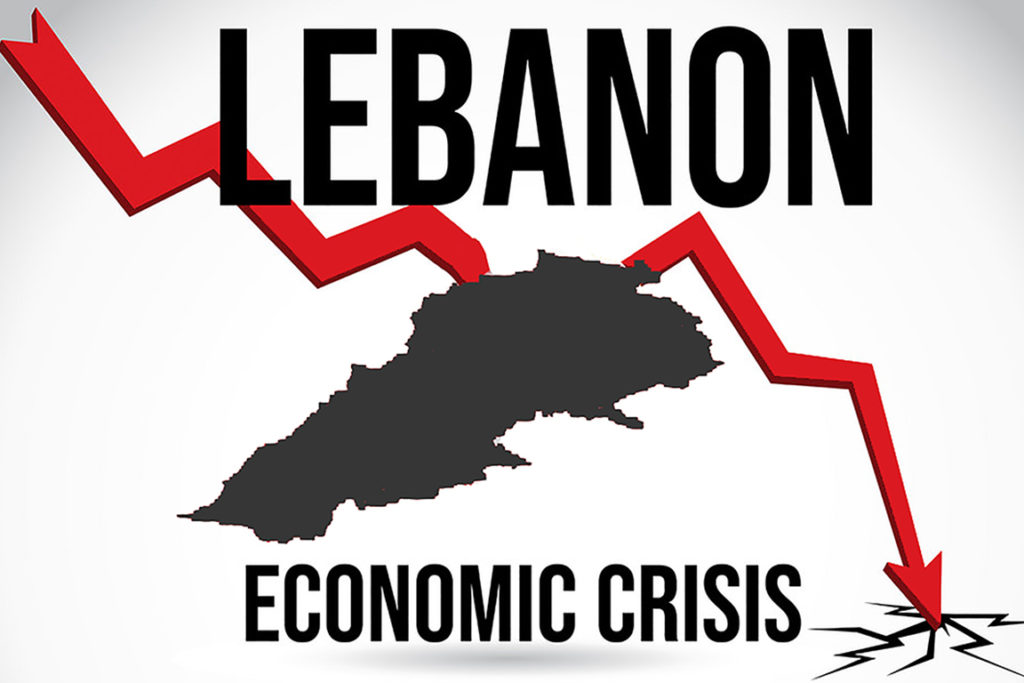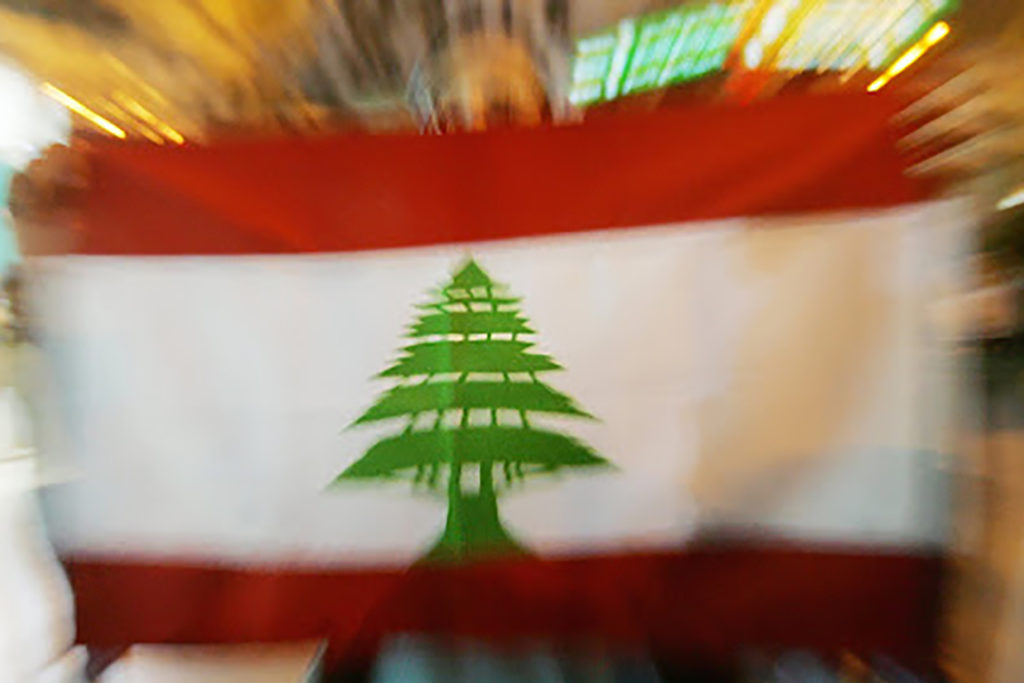
Three decades old, Lebanon’s post-war order has become dangerously unstable. Protests that broke out in October 2019 revealed the degree to which many citizens reject a ruling elite that has enriched itself at their expense. Those in power have struggled to retain control but for months appeared too absorbed in habitual power games to address an economic meltdown in the making. The danger of inaction is clear. With so many people sliding toward penury, violence may swell. An uptick in protests in late April suggested that things may go that way, especially once the COVID-19 lockdown’s full economic impact arrives.
External donors such as the European Union and international institutions like the World Bank should prepare emergency humanitarian assistance to avoid the worst-case scenarios, but condition more substantial help on the government taking steps to fight corruption. Change will take years, but if aid can contain the immediate crisis, Lebanese actors may yet be able to steer the country out of the wreckage.
Lebanon has experienced mass protest over failing state services and economic and social grievances before, but the events in October and subsequent months dealt a serious blow to whatever legitimacy the political elites still enjoyed. They appeared to grasp the depth of the crisis only belatedly, believing that they could weather the storm with rhetorical exercises of voicing sympathy and pledging reforms. The established parties have been so fixated upon their struggle to retain or improve their share of power’s spoils that they have been unable to see the foundations of the political order that sustains them crumbling. While signs of impending crisis were clearly visible well before October, it took them more than six months after the protests began to produce a roadmap out of the country’s economic calamity.
The economic crisis is without precedent in the country’s history. Highly import-dependent, Lebanon has run out of foreign currency to pay for what it consumes, while the state is printing money to pay salaries and is unable to service the public debt.
Banks have imposed tight capital controls, which have staved off financial collapse until now, but only by bringing much of the economy to a standstill, manifested in soaring unemployment. Many businesses have failed, and the state of “medical emergency” imposed since 15 March to combat COVID-19’s spread will likely be the last nail in the coffin for many more. While a curfew stifled demonstrations and police cleared away the protest camp in downtown Beirut, street actions in late April suggest that virus-related hardships could trigger more unrest. Crunch time may come when the state, strapped for cash as tax revenue collapses, cannot meet the public-sector payroll or when hyperinflation wipes out the real value of people’s incomes. State institutions, including the police, may start to disintegrate, and what have been mainly peaceful protests could turn violent.
The current scenarios speak of doom and gloom, but there may also be grounds for hope. The collapse of the post-war economic and political model could open the way for a more productive economy that weans a growing part of society off its dependency on clientelist networks, allowing for a more representative politics and increased accountability.
Lebanon will need emergency humanitarian assistance to ward off the worst social consequences of the economic implosion.
Beyond that, donors should focus on supporting structural reforms that help root out corruption and clientelism in the process of creating conditions that allow the economy to restart.



